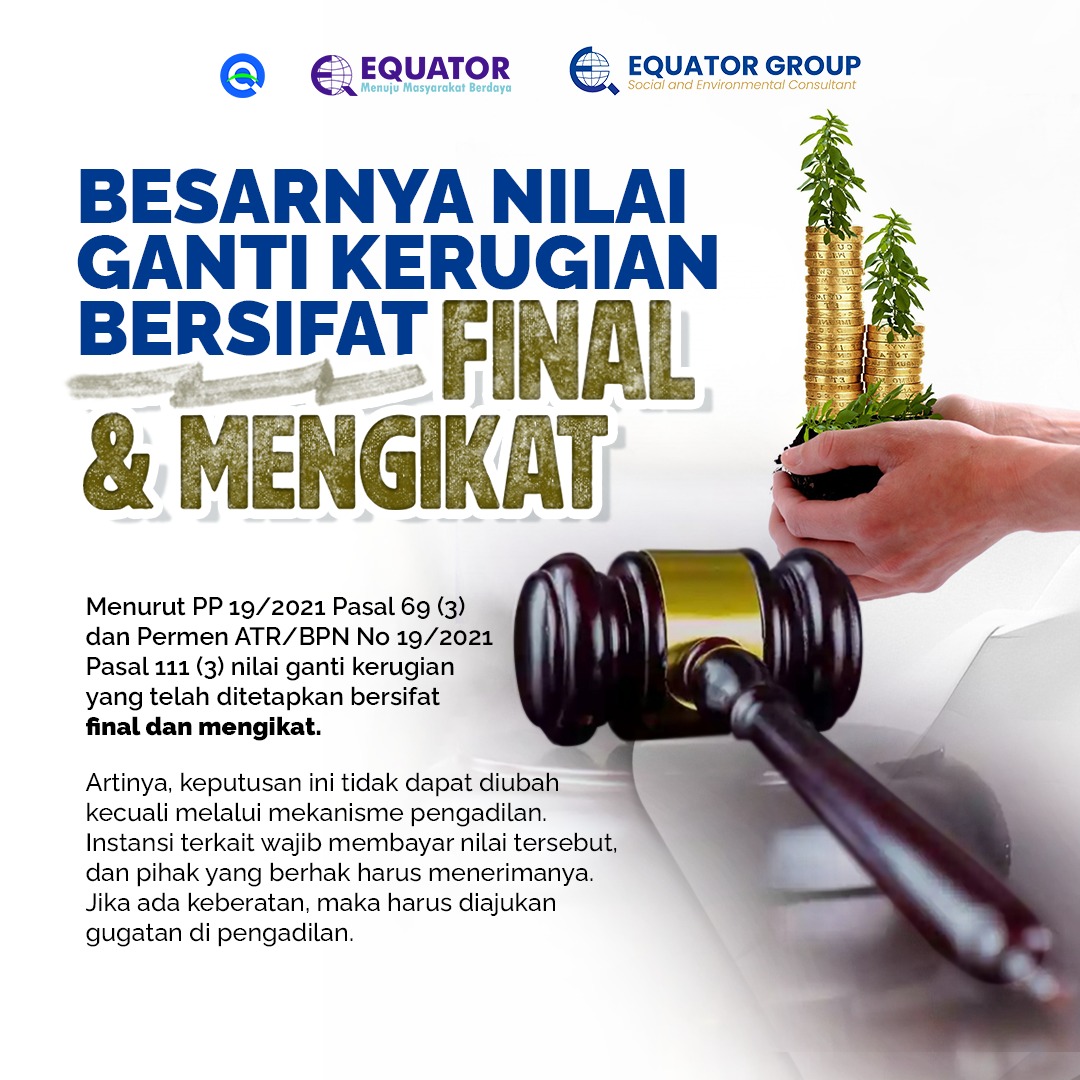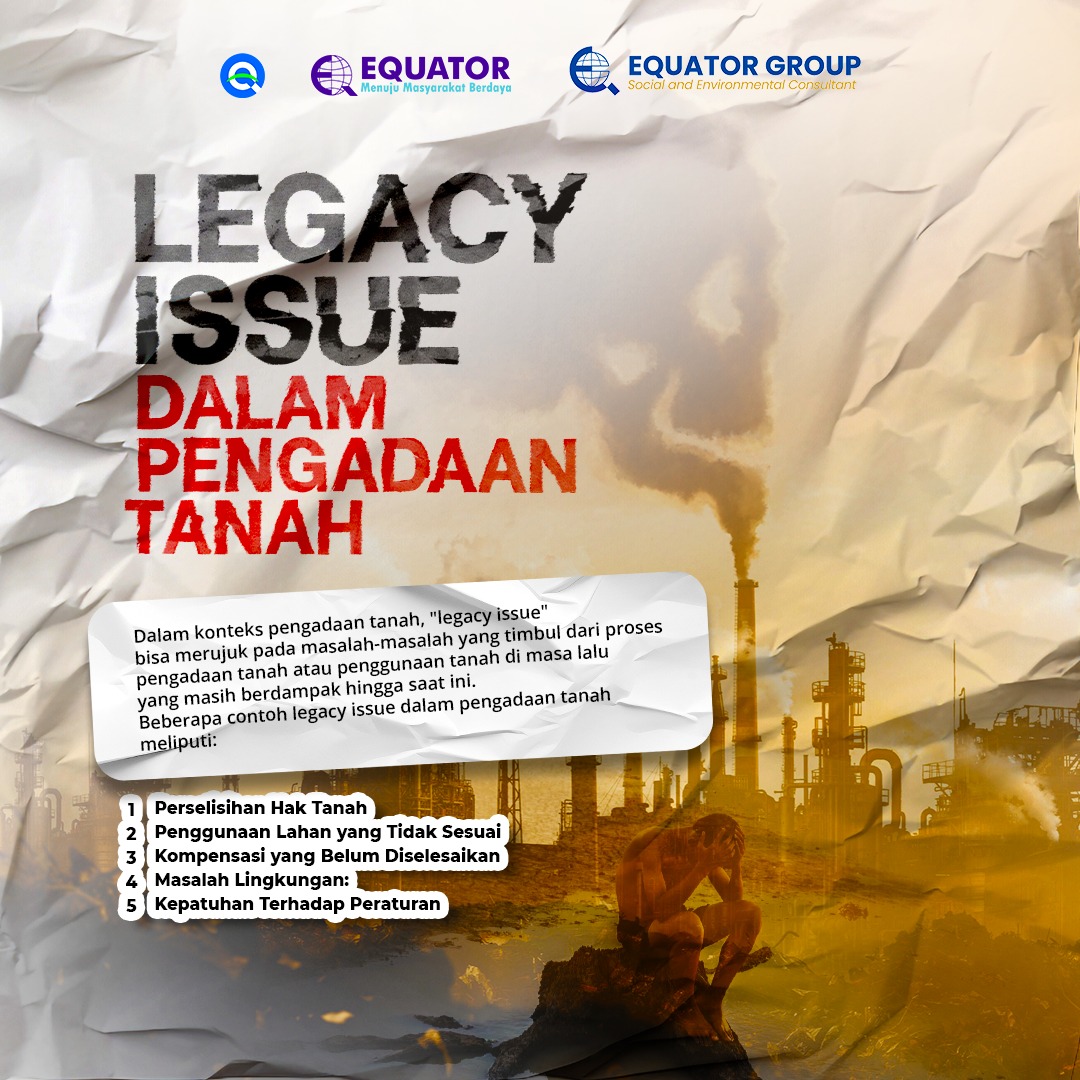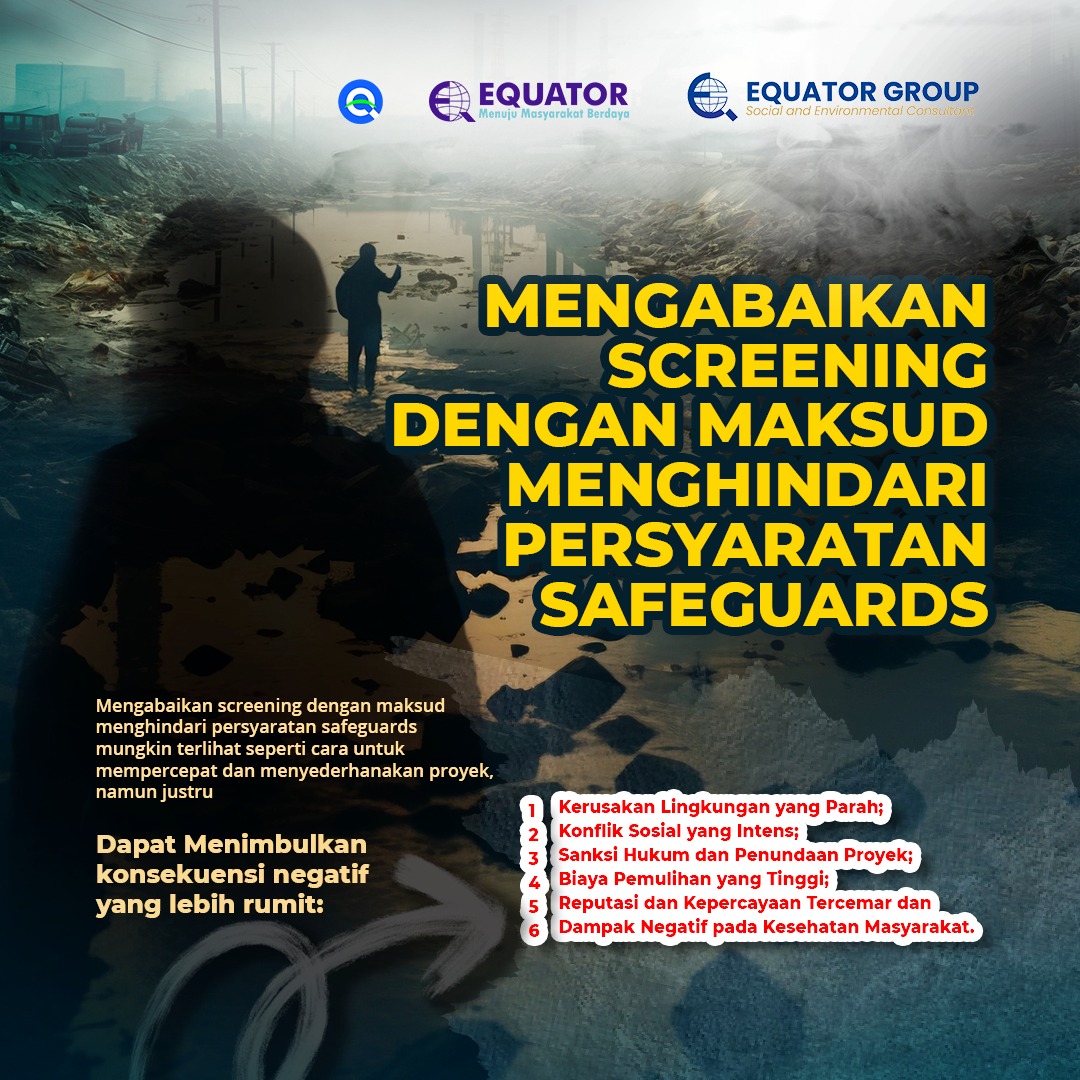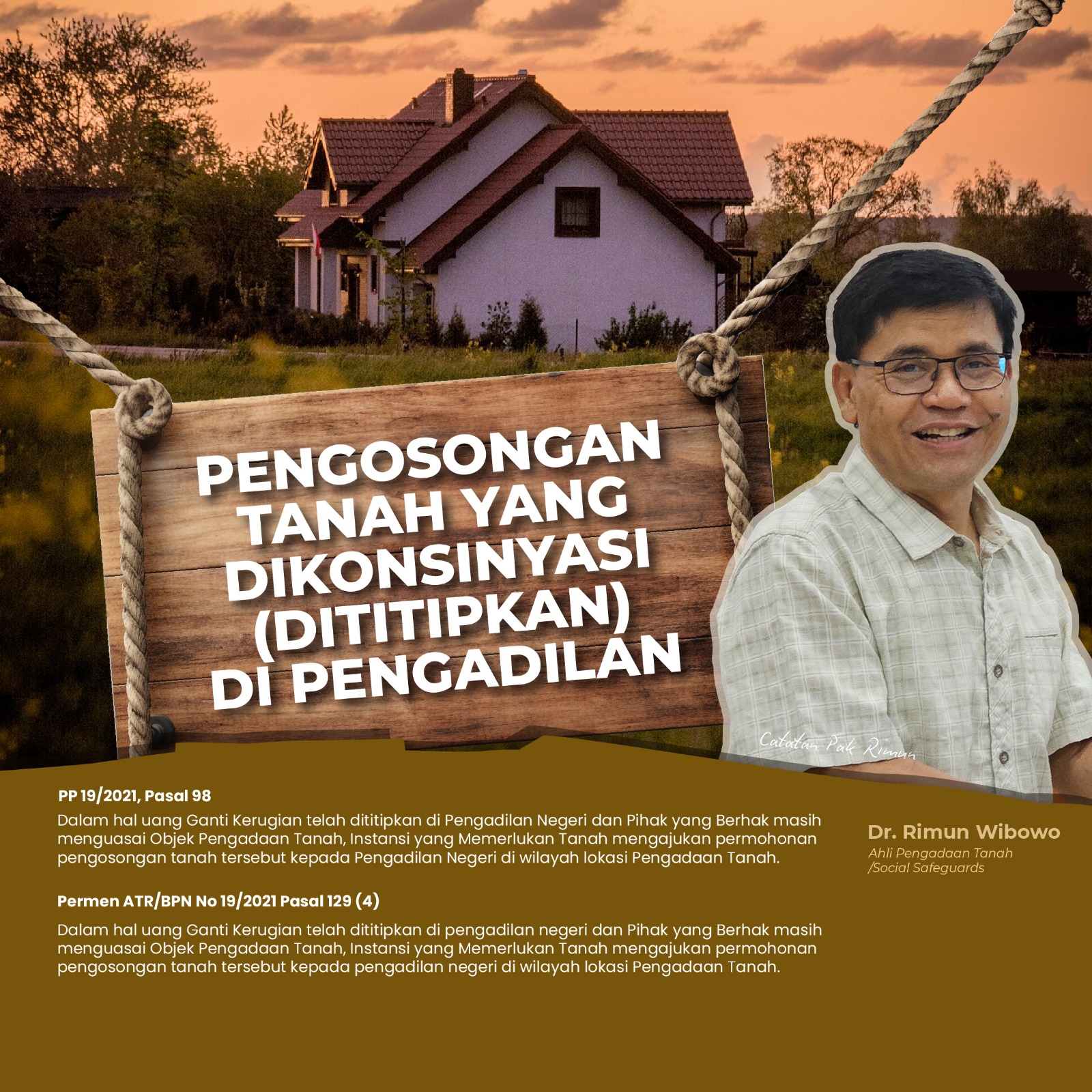



The Legality of Land Acquisition and Quarry Mining
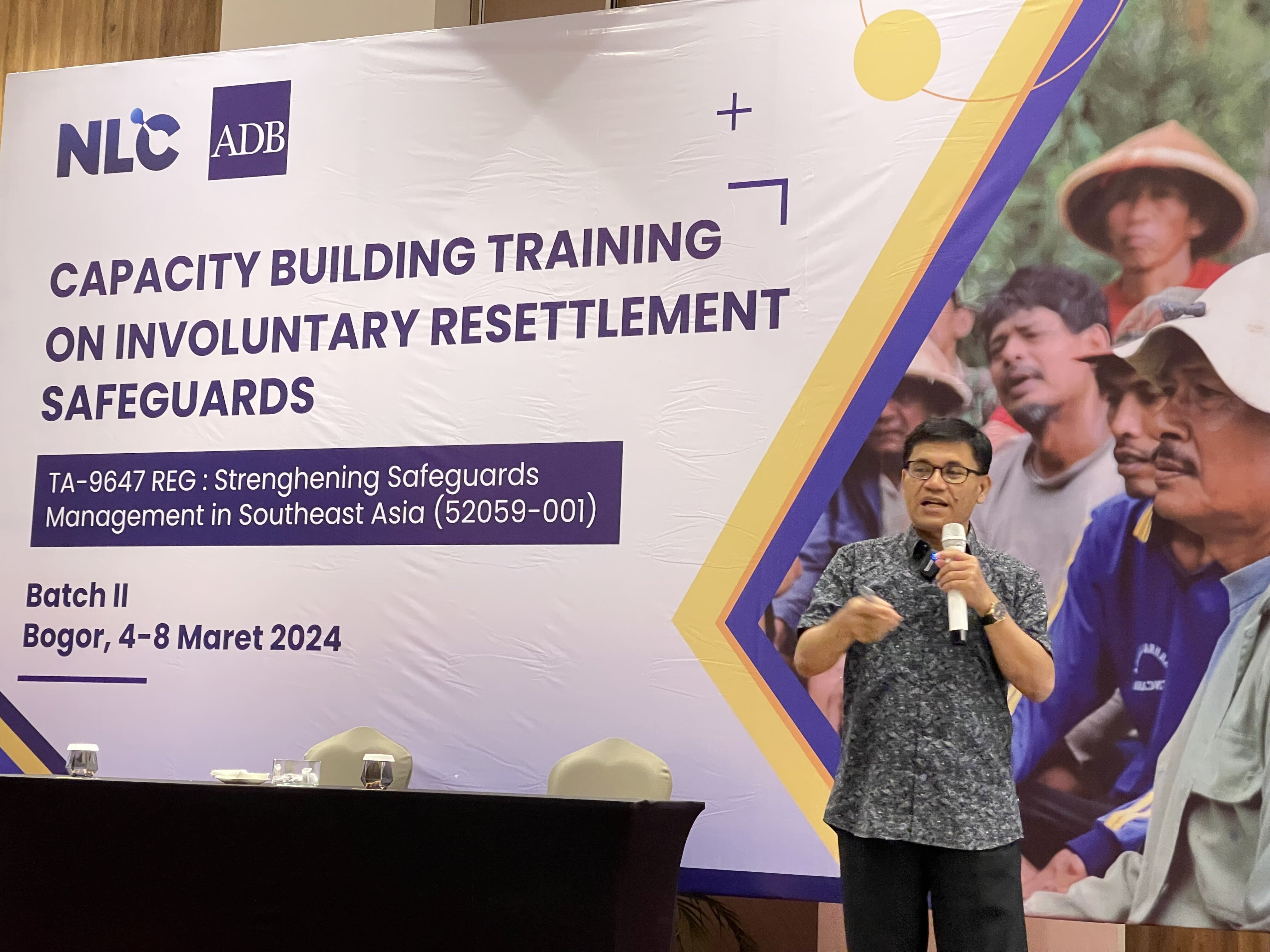
The Legality of Land Acquisition and Quarry Mining
In the process of land acquisition, especially those involving mining activities such as quarry mining (Galian C), it is crucial to understand the legality and applicable regulations. Not only must mining permits be considered, but also the potential legal consequences if historical or cultural heritage items are discovered during excavation.
The Importance of Permits in Quarry Mining
Quarry mining (Galian C), which includes the extraction of materials such as sand, stone, and soil, requires special permits regulated by the government. This activity falls under strict mining permit regimes due to its impact on the environment and surrounding communities. Without a valid permit, mining activities are considered illegal and can result in mine closures, fines, or even arrests.
Discovery of Historical and Cultural Heritage Items
In addition to mining permits, there are stringent rules regarding the discovery of historical or cultural heritage items during excavation. If someone discovers objects like antique vases or other artifacts, they are required to report them to the authorities. Hiding or attempting to privately own such items is illegal and can lead to arrest and serious legal proceedings. These items are considered part of the cultural heritage that must be protected by the state.
Legal Consequences and the Importance of Compliance
Ignoring regulations related to mining and the discovery of historical items can lead to severe legal consequences. For landowners or parties conducting excavations, it is crucial to ensure all activities are carried out in accordance with the prevailing regulations. This includes obtaining all necessary permits and adhering to the procedures set by the government.
Conclusion
Land acquisition and underground mining activities require a deep understanding of the legality and regulations that apply. Complying with the rules not only protects against legal risks but also ensures that these activities do not harm the environment and respect cultural heritage. Therefore, all parties involved in this process must always be cautious and responsible.
By understanding and following these rules, we can carry out land acquisition and mining activities more safely and legally, while also protecting our cultural heritage for future generations.



